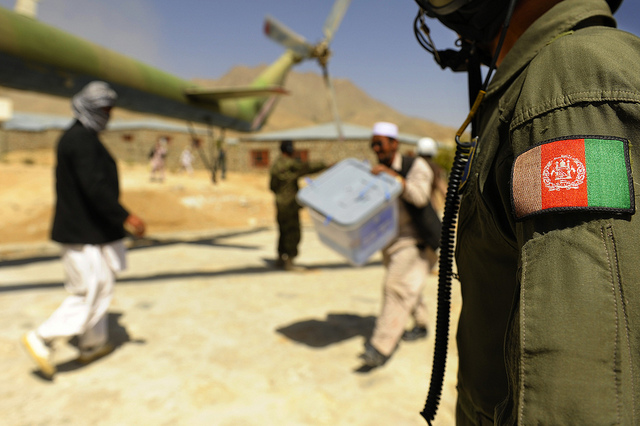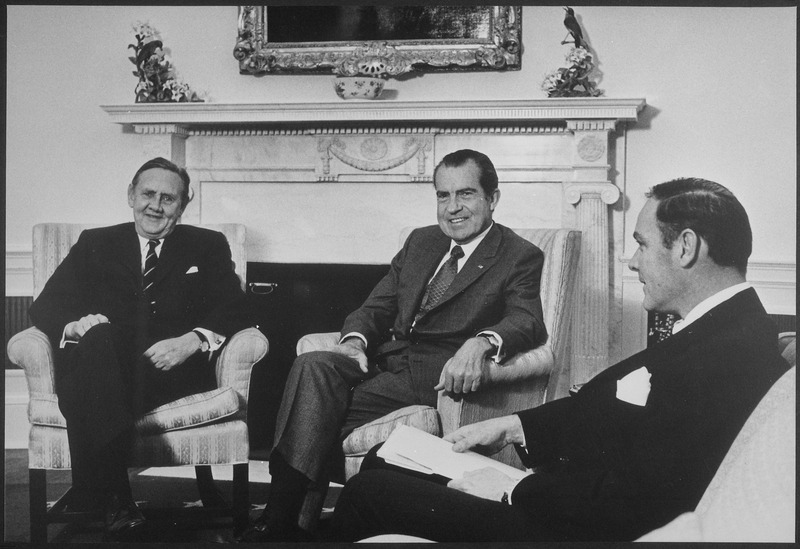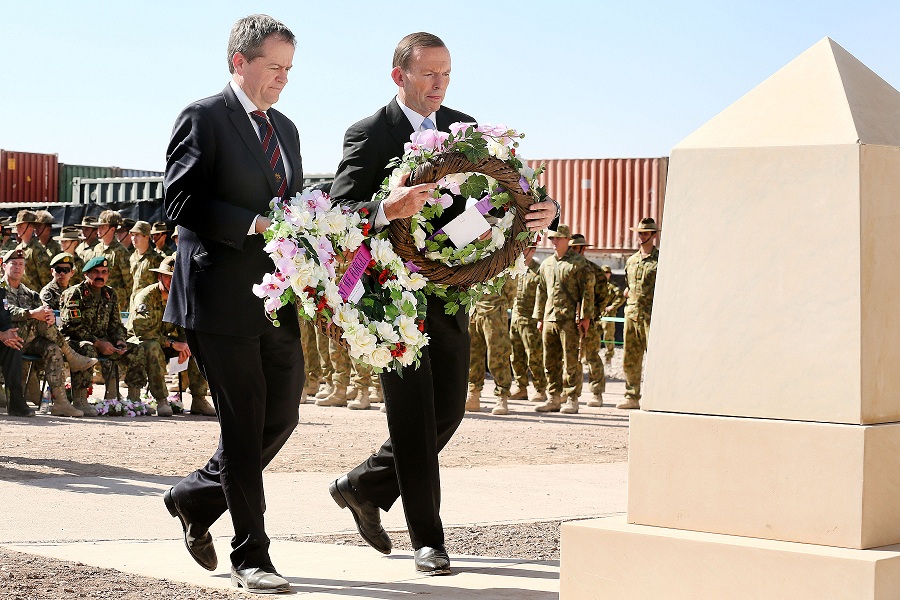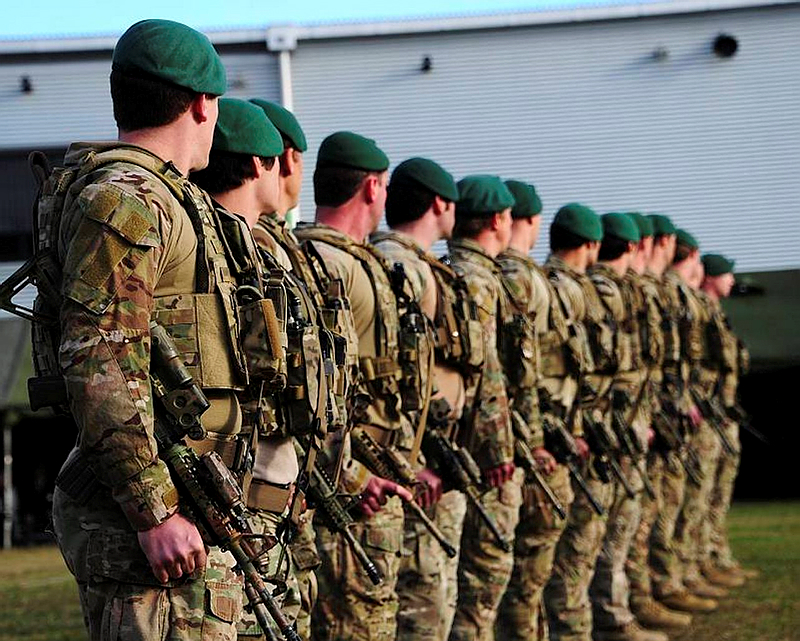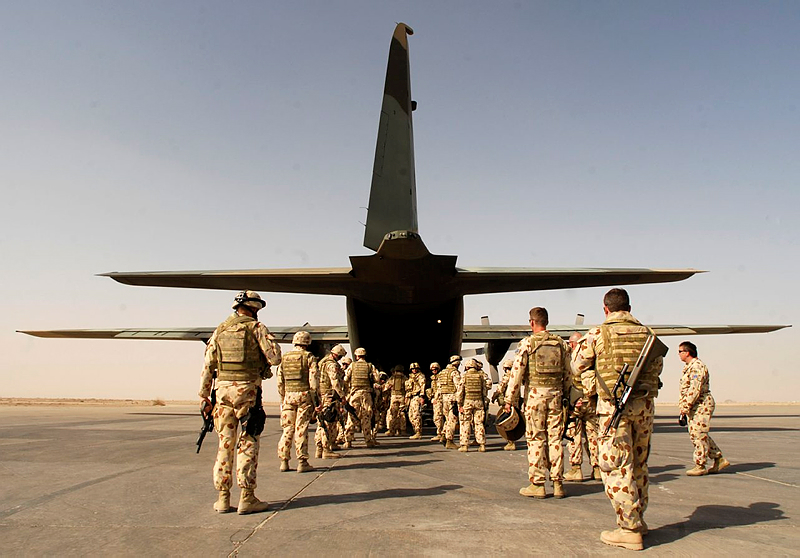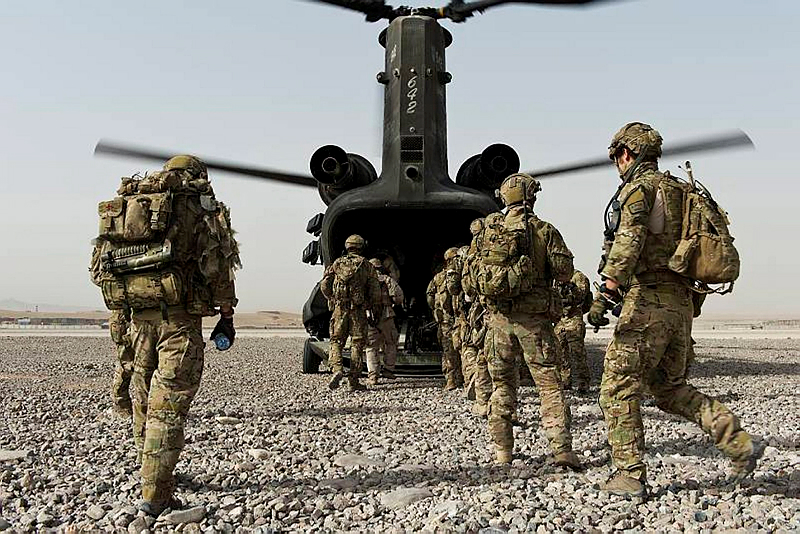Afghanistan: the plot thickens
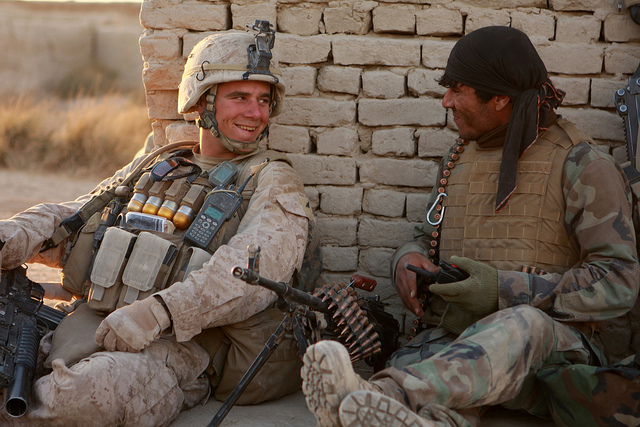 Last week, the New York Times reported that the post-2014 mission in Afghanistan is expanding, at least for US forces. The move ‘ensures American troops will have a direct role in fighting in the war-ravaged country for at least another year’. Of the 12,000 troops expected to remain in Afghanistan as part of the international coalition next year, approximately 9,800 will be Americans. Since the article’s publication, the Department of Defense has denied allegations that the Afghanistan mission has changed or that the combat role for international forces is extending into 2015.
Last week, the New York Times reported that the post-2014 mission in Afghanistan is expanding, at least for US forces. The move ‘ensures American troops will have a direct role in fighting in the war-ravaged country for at least another year’. Of the 12,000 troops expected to remain in Afghanistan as part of the international coalition next year, approximately 9,800 will be Americans. Since the article’s publication, the Department of Defense has denied allegations that the Afghanistan mission has changed or that the combat role for international forces is extending into 2015.
So what’s happened? A few weeks ago, President Obama signed an order clarifying authorities that US military commanders will have after the end of the ISAF combat mission this month. Those authorities allow ‘American forces to carry out missions against Taliban and other militant groups threatening American troops or the Afghan government… [T]he new authorization also allows American jets, bombers and drones to support Afghan troops on combat missions’. The Pentagon helpfully added that US troops may provide field-level support for Afghan security forces. Read more

